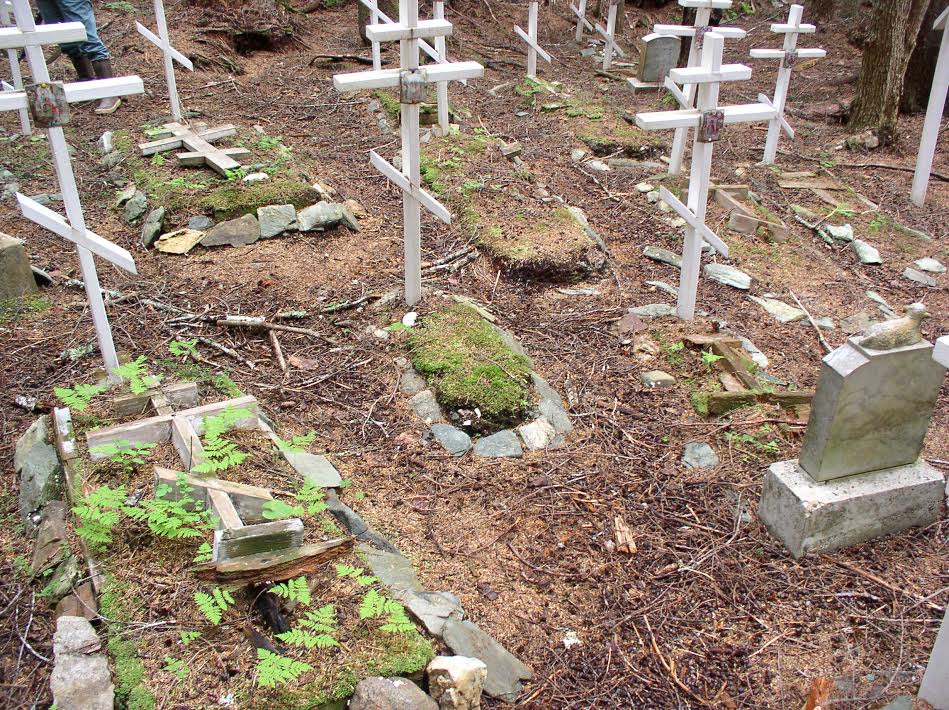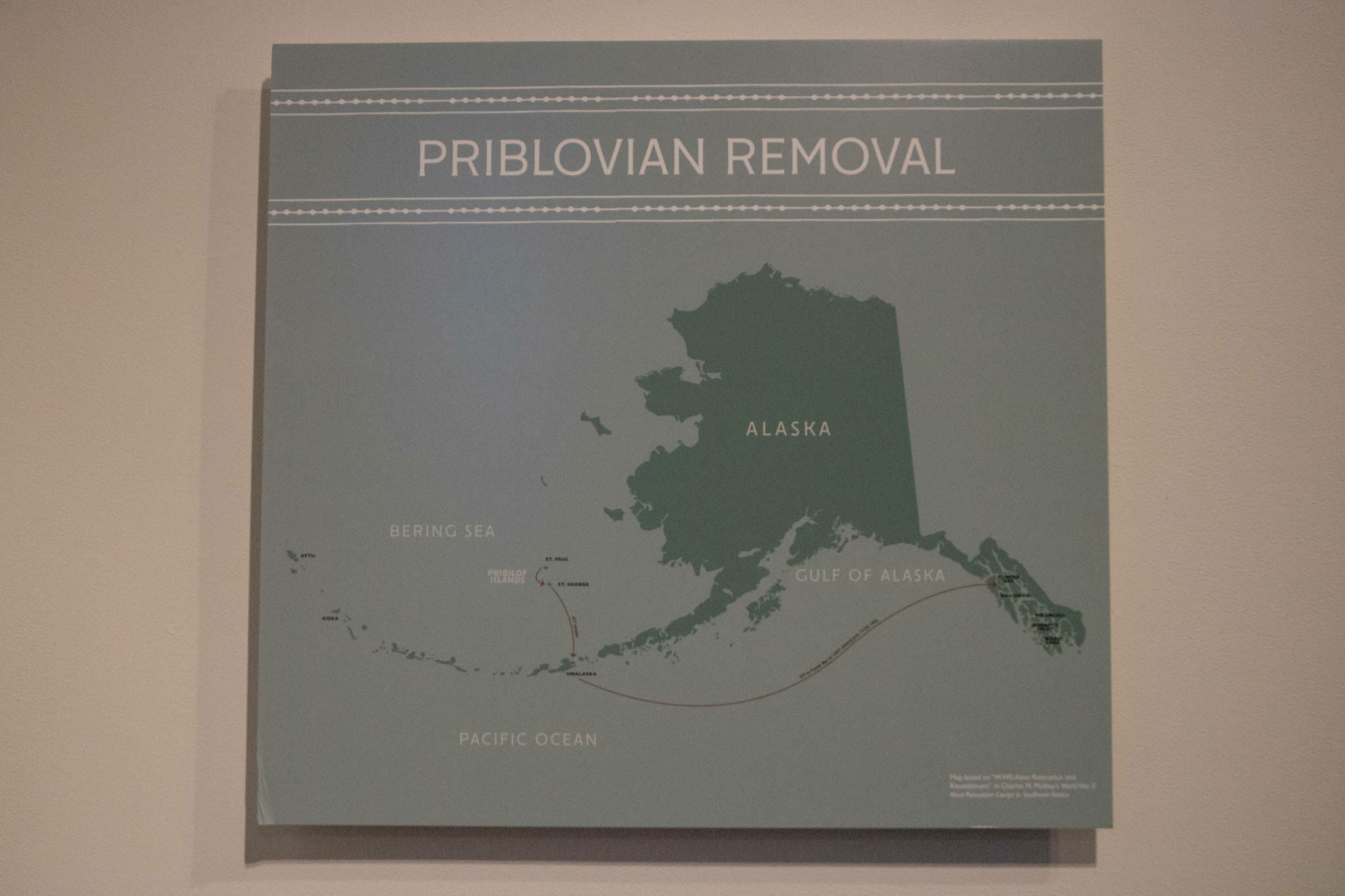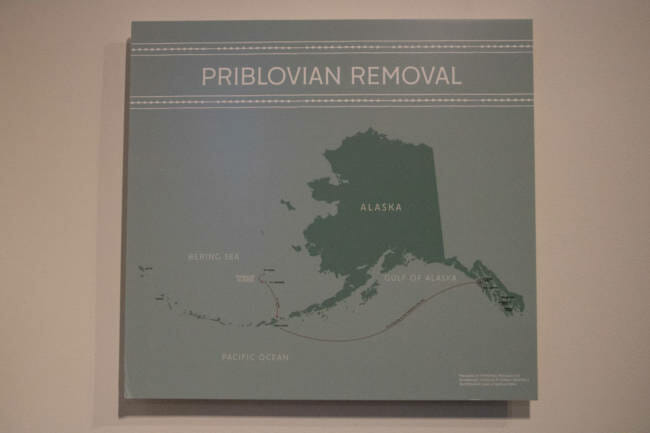


Patrick Pletnikoff, mayor of the City of St. Given the site’s historical significance “and its deep meaning to our people and our culture, it is critical to protect the site and ensure that this dark period in our history will never be forgotten,” Philemonoff said. Paul Island, in a statement said following the forced relocation, “our people were held in overcrowded bunk houses in an old, abandoned cannery a thousand miles from home without clean water, enough food, basic medical care and other necessities.” The bill signing was carried via video conference to communities outside Juneau, where the ceremony was held.Īmos Philemonoff, president of the Aleut Community of St. We’re still capable of this if we don’t remember what happened.” “We don’t want anyone to forget what happened here. “Across the country, we’ve seen sacred ground disrespected,” he said. He said it felt like a weight had been lifted off him, with the bill becoming law. Stepetin would like to seek protection of that cemetery next.Martin Stepetin Sr., whose grandparents were among those relocated, pushed for protections for the cemetery site, the Juneau Empire reported. There are other cemeteries in Southeast Alaska that are not protected, such as the cemetery in Killisnoo on Admiralty Island. To Stepetin and the Friends of Admiralty Island, the work has just started. And the only way we can ever protect ourselves from things that happened to us, by us, is to remember it. “It was a really bad thing that we don’t ever want to happen again. “What happened to the Aleuts in 1942 by the federal government was a really bad thing,” Stepetin said. To Stepetin, the state recognizing the violent past of the land they own at Funter Bay is a crucial aspect of the bill. His grandparents were interned at Funter Bay. Stepetin is Unangax̂ (Aleut) and Tlingit. “It went kind of unnaturally fast in the legislature this year, which is really great, you know? We’re super proud of that,” Stepetin said. He is also a member of the Friends of Admiralty Island. Martin Stepetin advocated for the bill during last year’s and this year’s legislative sessions. When the bill was reintroduced this year as House Bill 10, things went smooth, with most lawmakers familiar with and supportive of the bill. The bill made headway in the Legislature - until the pandemic disrupted the session.

She and her staff, along with Unangax̂ elders and the Friends of Admiralty Island, worked hard to educate Alaska lawmakers about the Funter Bay internment camps and the lasting effects of these camps on Alaska families. Hannan introduced a bill to protect the Funter Bay cemetery in last year’s Legislature.

Kito passed the issue along to Hannan when she was elected. Not a lot of people know about this history, which is why the group Friends of Admiralty Island sought legislative action to protect the graves. They went to their Juneau representative at the time, former Rep. A bill protecting the graves of Unangax people forced to live in internment camps in Funter Bay has passed the Alaska Legislature and awaits Gov. “The men placed in internment in Funter Bay (were) still forced to return to the islands in the summer to seal for the government and told, ‘If you don’t do this, we’ll never let you return home,’” Hannan said. government forcing the Pribilof Unangax̂ to hunt the seals. The Russians enslaved them, forcing them to relocate to the then-uninhabited Pribilof Islands to hunt seals for fur.Ī couple hundred years later, it was the U.S. The Unangax̂ people interned at Funter Bay were some of the first Unangax̂ people to come into contact with Russians. “This camp in particular, you know, it’s just a compounding of errors of history,” Hannan said. Sara Hannan, D-Juneau, who sponsored the bill. The bill - House Bill 10 - would protect the graves of the Unangax̂ people who died in Funter Bay, said Rep. They were held there for two years under inhumane conditions: They weren’t provided with basic necessities including clean water.Ībout 10% of people died at the Funter Bay internment camps, most of them children and elders. government forcibly removed Unangax̂ people from their homes and their region and relocated them to two internment camps in Southeast Alaska. When the Japanese military invaded the Aleutians during World War II, the U.S. (Juneau-Douglas City Museum)Ī bill protecting the graves of Unangax̂ people removed from the Aleutians and forced to live in internment camps in Funter Bay in Southeast Alaska passed the state Legislature on May 17. A recent photo of the Unangax̂ cemetery at Funter Bay.


 0 kommentar(er)
0 kommentar(er)
